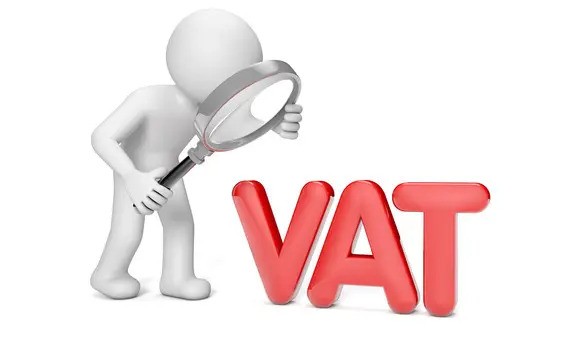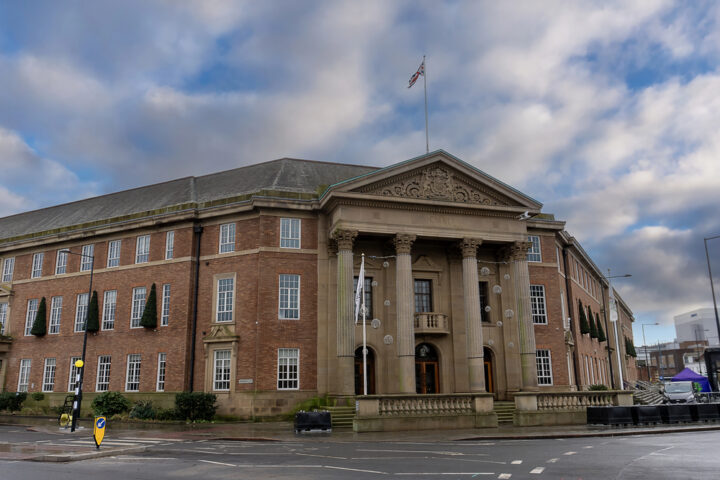When running a business in the UK, understanding the rules around quoting prices is essential to ensure compliance with the law and maintain customer transparency. One question that often arises is whether quoting prices without including Value Added Tax (VAT) is legal. The answer depends on the nature of the customer you are dealing with and how you present the prices.
Understanding VAT and Its Importance
Value Added Tax (VAT) is a consumption tax levied on most goods and services businesses in the UK provide. It is an important source of revenue for the government, helping fund public services. Businesses with a turnover above a certain threshold must register for VAT and charge it on their sales, passing the tax collected to HM Revenue & Customs (HMRC). The current standard VAT rate in the UK is 20%, although there are reduced rates for certain goods and services.
Quoting Prices Without VAT: What the Law Says
In the UK, whether or not you can quote prices without VAT largely depends on who your customers are. The law distinguishes between business-to-consumer (B2C) transactions and business-to-business (B2B) transactions.
Business to Consumer (B2C) Sales
If your business primarily sells to consumers (B2C), the law requires you to include VAT in the quoted prices. Consumers are generally not VAT-registered; therefore, the price they see is the price they expect to pay. Failing to include VAT in quoted prices when selling to consumers can be considered misleading and could result in legal action or fines. The prices must be clear and transparent, showing the full cost of the product or service.
Business to Business (B2B) Sales
You can quote prices excluding VAT for business-to-business (B2B) transactions where your customers are other VAT-registered businesses. This is because businesses can usually reclaim the VAT they pay on their purchases as part of their VAT return. However, it is still important to clarify to the customer that the quoted prices are exclusive of VAT. This transparency helps avoid confusion and ensures that both parties know the actual cost.
Best Practices for Quoting Prices
To stay compliant and maintain good business practices, consider the following guidelines:
- Always clarify whether VAT is included: Make it clear whether the prices you quote are inclusive or exclusive of VAT. This can be done by adding a simple note such as “Price excludes VAT” or “Price includes VAT at 20%” next to the quoted amount.
- Tailor your pricing communication: Adjust how you present prices depending on whether you deal with consumers or businesses. For B2C, ensure VAT is included; for B2B, you may quote prices excluding VAT, but always state this clearly.
- Keep records: Ensure you have proper documentation for how prices were quoted and what was communicated to the customer. This can protect your business in case of disputes.
Conclusion
In the UK, quoting prices without VAT is legal, but it comes with conditions depending on the nature of your customer. VAT must be included in the quoted price for consumer sales to ensure transparency and compliance with the law. For business customers, it is permissible to quote prices excluding VAT, provided this is clearly communicated. By adhering to these rules, businesses can avoid legal complications and maintain customer trust.







